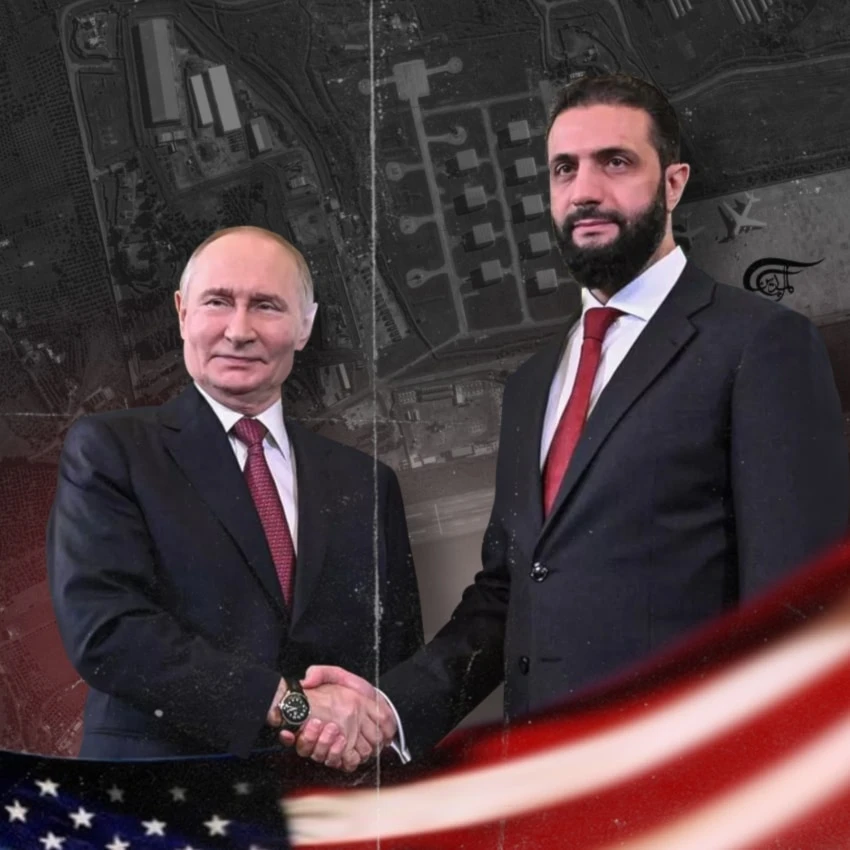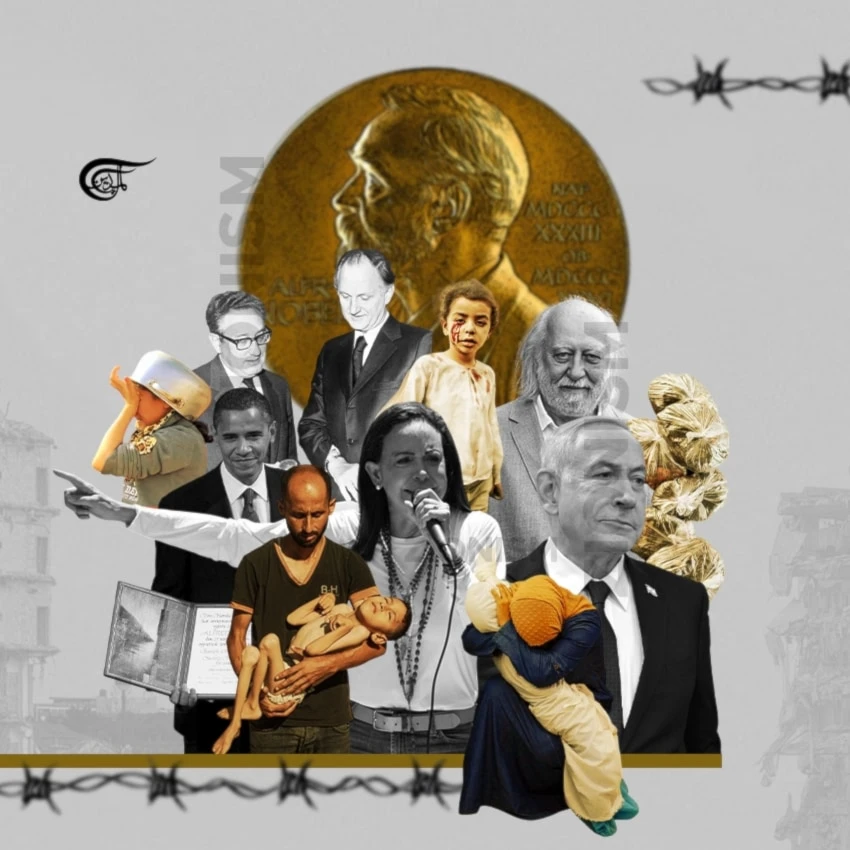Ethiopia's Crisis: What is the International Response?
Regarding what paved the way for the conflict in the Horn of Africa between the government of Ethiopian President Abiy Ahmed and the Tigray People's Liberation Front and the role the international community played in this crisis.
-

Long before a conflict, Ethiopia faced enormous economic, ethnic, and political issues
Ethiopia's crisis began in November 2020, when Prime Minister Abiy Ahmed authorized a military offensive against rebel troops in Tigray's northern province. The dispute arose from months of tensions between the Abiy government and Tigray's political elites, who were opposed to the Abiy's federal government's reform efforts. What had remained, a local political problem in the country, erupted into full-fledged violence, which eventually spilled outside the country's boundaries as a result of the countless individuals who had been displaced. Sadly, thousands of people have died and at least a million have been displaced as a result of a conflict in Ethiopia between the government in Addis Ababa and a rebellious region.
Historical Perspective
Ethiopia's northernmost region is Tigray. It is home to the majority of Eritrea's estimated 7 million ethnic Tigrayans and is bordered by Eritrea. The ethnic group, which makes up around 6% of Ethiopia's population, wields disproportionate power in national affairs. The regional government, which is run by the Tigray People's Liberation Front, a communist political organization, started a full-scale siege of a vital Ethiopian military post at Sero in November, employing tanks, heavy artillery, and mortars.
The Tigrayan People's Liberation Front (TPLF) was founded in the 1970s to promote Tigrayan self-determination, an aim it later abandoned. It soon found itself at the center of national politics, which was a remarkable turn of events. It became the leading player in the Ethiopian People's Revolutionary Democratic Front, or EPRDF, a coalition of ethnic political groups that ruled Ethiopia for three decades. As the EPRDF's head, Abiy came to power in 2018. However, he dissolved the party a year later, claiming that he intended to put the party's history of ethnic division behind it. Abiy instead tried to unite the EPRDF's supporters into a new political party. The TPLF, on the other hand, refused to go through with the plan, instead of fleeing to Tigray, where it enjoys widespread support.
The TPLF was accused by Abiy's government of attempting to destabilize Ethiopia by organizing ethnic violence around the country after it was marginalized at the national level. Last summer, Abiy promised to organize the country's first fully democratic elections. However, he postponed them due to the COVID-19 pandemic. Delaying the referendum, according to the TPLF, amounted to an unconstitutional extension of Abiy's presidency. Regardless, the gang organized its own regional elections, claiming a landslide victory. The Tigray elections were later deemed unconstitutional by Abiy's government.
In the run-up to the TPLF raid on the Sero base, both sides called each other illegitimate. The Ethiopian National Defense Forces were dispatched in response, reinforced by soldiers from the Amhara region, which borders Tigray. Following the start of the conflict in November, the Ethiopian National Defense Forces soon took control of many of Tigray's major cities, including the regional capital, Mekele, which has a population of about 500,000 people.
With Eritrea's alleged involvement and an influx of refugees into Sudan, the situation risks escalating into a larger conflict and a worsening humanitarian disaster in a region of the world that has witnessed more than its fair share of human misery in recent decades.
The violence was sparked when Ethiopian Prime Minister Abiy Ahmed launched a federal offensive in the area. Thousands of people have been murdered in the fight so far, many of whom are said to have died as a result of Ethiopian soldiers shelling cities in Tigray without warning. Fighting has displaced over two million people, greatly beyond prior estimates. A regional humanitarian calamity is also looming as a result of the fighting.
The International Response
Long before a conflict between Abiy and the region's former ruling party, the Tigray People's Liberation Front (TPLF), erupted into unrest, Ethiopia faced enormous economic, ethnic, and political issues.
Fears are increasing that the conflict in Tigray might create a bigger catastrophe, tearing Africa's second-most populous country apart and destabilizing the Horn of Africa region, as tensions in other parts of Ethiopia escalate. The Tigray dispute has its origins in Ethiopian tensions that date back generations.
After reports of extrajudicial killings and sexual violence, the United Nations High Commissioner for Human Rights, Michelle Bachelet, has requested access to Tigray to investigate alleged war crimes.
The situation in Tigray is described by the Biden administration as "a developing humanitarian calamity." The administration has consistently demanded that Eritrean soldiers and Amhara regional forces leave immediately. It has also requested assistance from the African Union in resolving the conflict. Whereas Ethiopia's leadership has accused the United States of interfering in its internal affairs, placing existing relationships and future international collaboration under strain. While Prime Minister Abiy Ahmed Ali's government has already promised to provide unrestricted humanitarian access and conduct a joint investigation into alleged atrocities, it has resisted US pressure and attempts to subordinate it to US foreign policy goals.
World leaders have expressed worry about the Ethiopian government's limitation of aid to Tigray and Eritrean soldiers' participation in escalating the problem as the war and its impact on civilians worsen. President Joe Biden found that Ethiopia is in violation of the African Growth and Opportunity Act (AGOA) eligibility conditions "due to serious violations of internationally recognized human rights.”
Most importantly, the purposeful destruction of health infrastructure and the blocking of humanitarian routes into Tigray have further limited help to millions of Tigrayans. The United Nations has frequently emphasized the importance of unrestricted humanitarian access, including the opening of the Ethiopia-Sudan border, which is already on the verge of a military conflict due to territorial disputes between the two nations.

 Ruqiya Anwar
Ruqiya Anwar
 6 Min Read
6 Min Read









